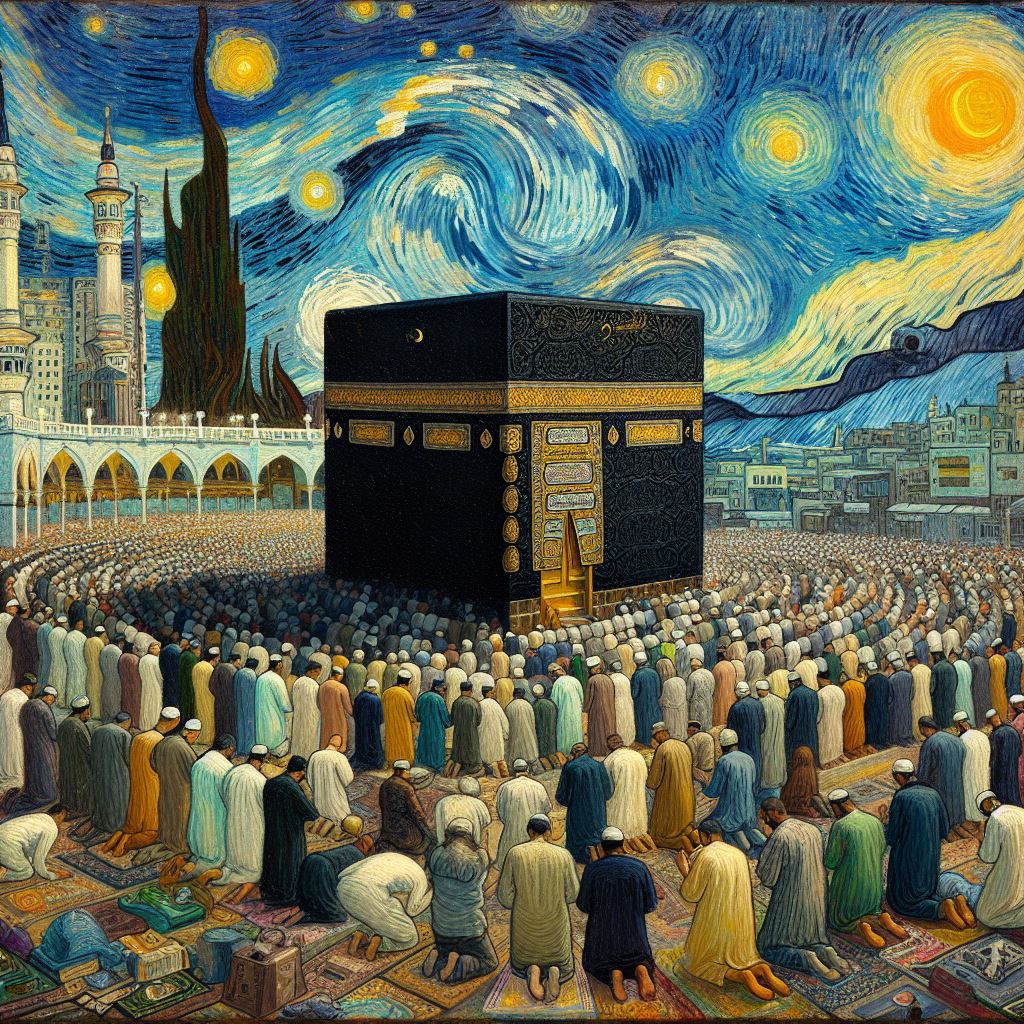The Ancient Greeks had two words for time:
- Chronos = sequential, quantitative time
- Kairos = fluctuating, qualitative time
Chronos is also known as chronological or sequential time. There are twenty-four hours a day, each hour the same length. It’s what a clock measures.
It’s the ticking clock, the calendar page flipping, the progression of day into night. In Greek mythology, Chronos was often depicted as an elderly, wise man with a long, grey beard, similar to “Father Time.”
Kairos refers to how certain moments are more important or influential than others.
It is the opportune moment, the “right time”. This form of time is based on qualitative measures rather than quantitative ones.
It’s time as experienced by human beings: specific, defining moments that stand out in our memory and significantly impact our lives.
In the ancient Greek tradition, Kairos was presented as a god with wings on his feet, symbolizing the fleeting nature of opportune moments.
Awareness of the two concepts of time is a paradigm shift in approaching your intentions, decisions, and actions.
Read any productivity book or listen to any motivational TED talk, and you will be educated about the importance of morning habits and how successfully people stack habits in the early morning.
They stress the importance of the morning as being a Kairos moment while habits follow each other in Chronos matter.
The Kairos refers here to a moment of perceived ultimate productivity time; however, in the end, it’s still a chronos moment.
A Kairos moment is more of quality time, where you feel meaning and purpose.
Think of sitting on the floor playing with your three-year-old daughter. Think about watching your son ascending the stage for his graduation and hearing your name behind his name called up on the microphone while people cheer and his friend shouts your family name in solidarity. Those are kairos moments.
Being a Muslim, I witness Chronos and Kairos every day. Practicing prayers five times a day is Chornos, while practicing the prayers right after the calling of the azan is Kairos.
You have a proper time range for every prayer to pray the distinguished prayer. However, practicing the prayer right after the “azan” is Kairos; before the following prayer’s time is Chronos, and after the “azan” of the following prayer is a wrong practice. However, it is still better than not practicing at all.
As Muslims, our lives are entirely of kairos and chronos moments. Ramadan is the month of fasting for Muslims, to name a few rituals.
It is the best time of the year to pray, and your prayer’s rewards are multiplied.
However, there is one night in the last ten nights of Ramadan with a bonus of more than 1000 months. This night is obscure for Muslims; no one knows precisely which night it is; however, they say the odd nights have higher chances of hitting that night, such as the nights of the 21, 23,25,27, and 29 of Ramadan.
Remember that the kairos time here is used for more of an afterlife reward, yet there are many benefits for praying you to witness in your daily life, least to say the meditation and gratitude. However, in the end, it is not directed toward productivity and simple capitalistic goals.
The Quran and prophet Muhammad’s sayings are full of the importance of the day for work, the night for rest and sleep, and how the early mornings are an excellent time for earning and trade.
Remember, the fajr prayer is before dawn, so traditionally, Muslims should wake up and start their day.
Understanding kairos and Chronos can be incredibly beneficial to live a balanced and meaningful life. The various perceptions of time can modify your behavior, intentions, decisions, and actions.
A chronos-based approach might lead to routine or consistency moving toward goals, while a Kairos-based approach might cultivate mindfulness or opportunistic action.
Perception of time in such a way is a uniquely human trait along the plant and animal spectrum. However, a unique trait distinguishes us from machines and AI-powered devices.
Harnessing the power of Chronos and Kairos, understanding their distinct differences, and purposefully incorporating them into our lives gives us a robust cognitive framework to experience life more fully.
It enables us to extract joy from the mundane Chronos moments and find depth in the powerful Kairos moments. Recognizing the interplay of the two types of time can also enhance our sense of purpose, empathy, and overall well-being.
More importantly, it allows us to make meaningful choices, reflect on our actions, or dream for a better future.
Ultimately, it cultivates a more profound connection with ourselves, others, and the world.
Tell me about your special chronos and kairos moments in reference to your culture.
Ahmed
Cairo, Egypt with love ❤️
